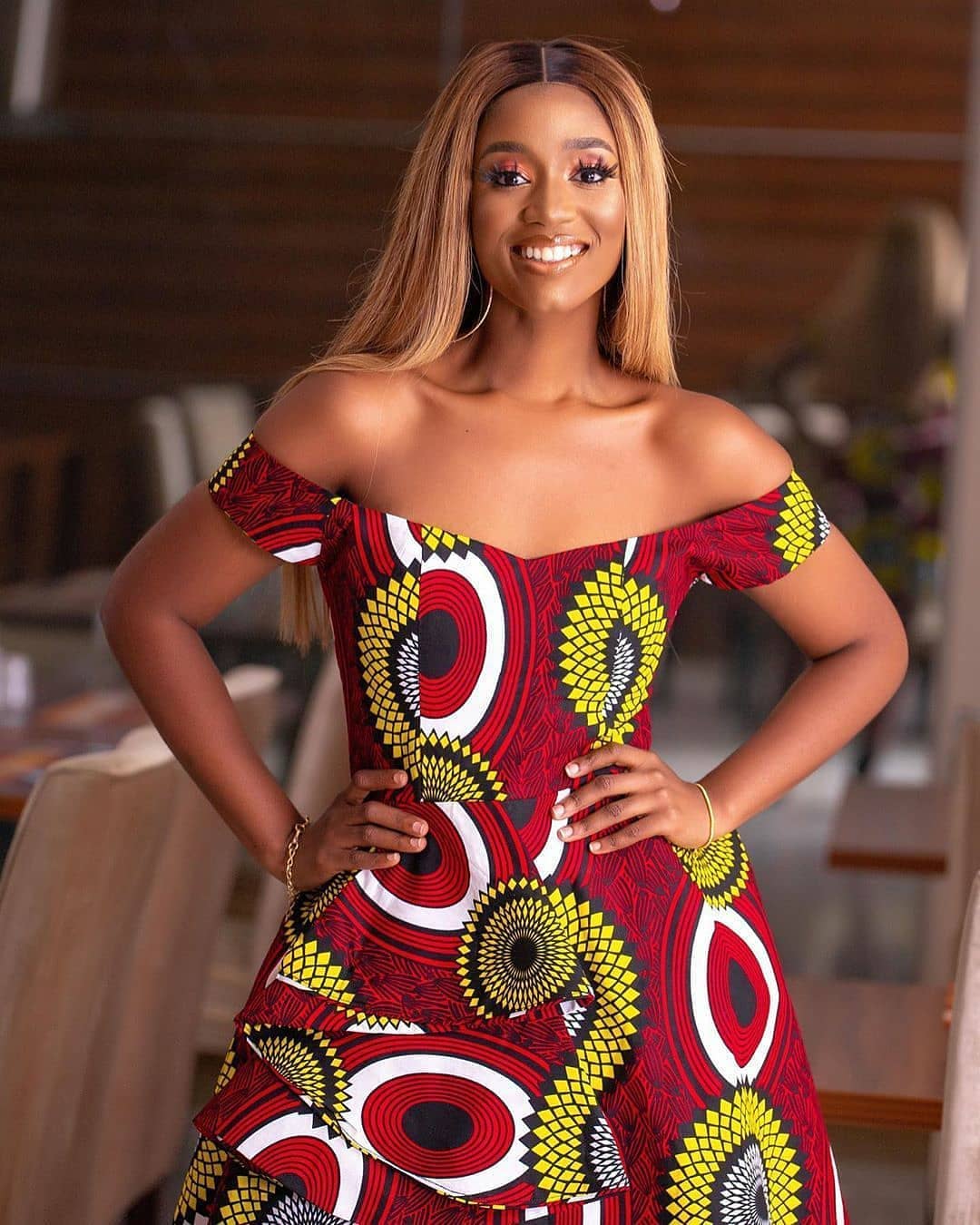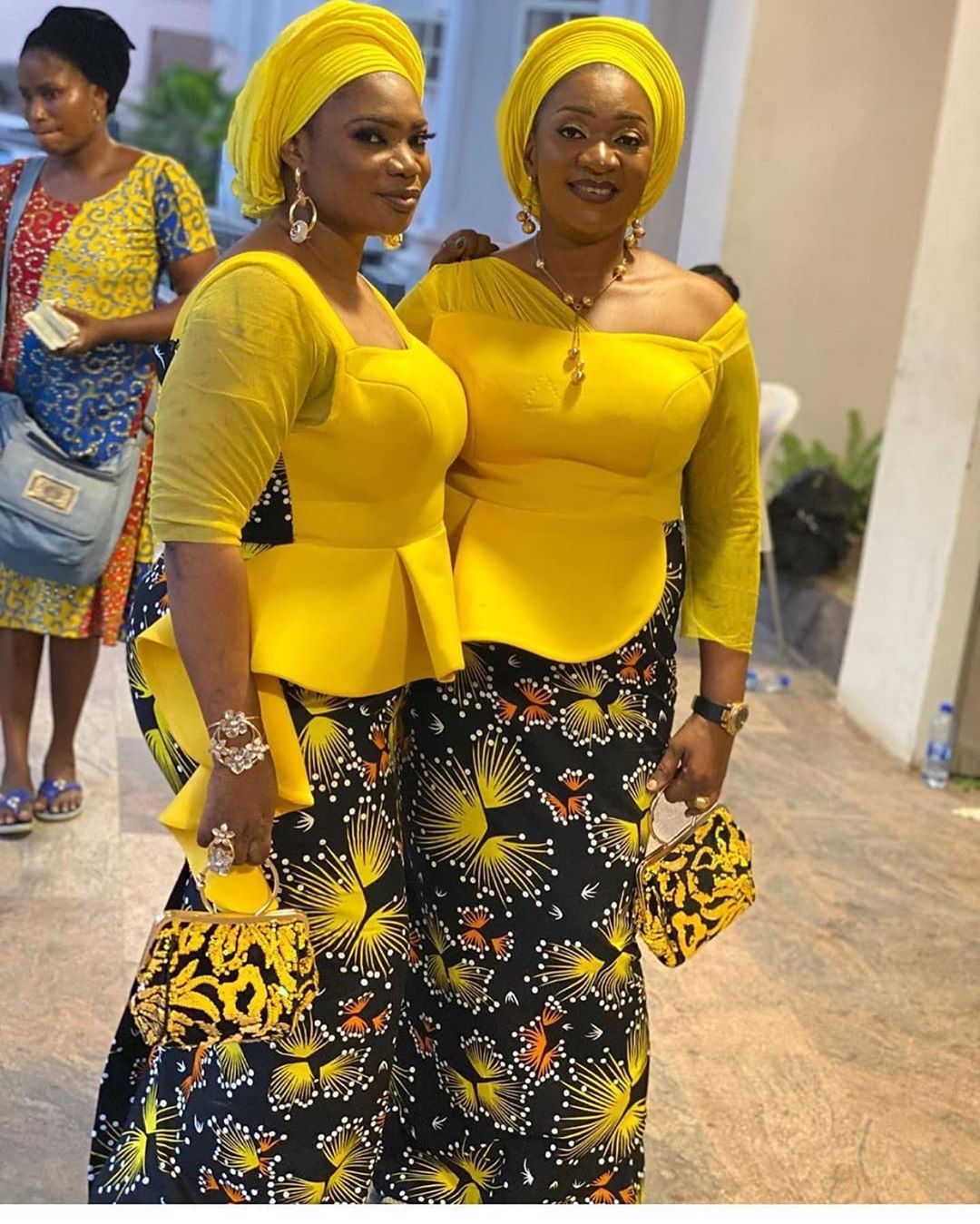African dresses for ladies are more than just garments; they represent a rich tapestry of culture, tradition, and artistic expression. These dresses are designed not only to highlight the beauty of the wearer but also to celebrate the vibrant heritage of the African continent. In this article, we will explore the various styles, fabrics, and cultural significance of African dresses, providing insights that will inspire you to embrace this unique fashion trend.
In this comprehensive guide, we will delve into the different types of African dresses, their historical roots, and how they have adapted over time. Whether you are looking to incorporate these styles into your wardrobe or simply appreciate their beauty, this article will serve as a valuable resource for understanding African fashion.
Table of Contents
- The History of African Dresses
- Types of African Dresses
- Fabrics Used in African Dresses
- Cultural Significance of African Dresses
- Modern Interpretations of African Fashion
- Styling Tips for African Dresses
- Where to Buy African Dresses
- Conclusion
The History of African Dresses
African dresses have a long and storied history that dates back centuries. Traditionally, these garments were crafted using locally sourced materials and adorned with intricate patterns that conveyed stories and cultural significance. The history of African clothing is deeply intertwined with the continent's diverse tribes and communities, each with its own unique style and traditional attire.
Early Influences on African Fashion
The earliest forms of African dresses were made from natural fibers such as cotton, bark, and animal hides. These materials were often dyed using natural sources, resulting in a wide array of colors and patterns. Over time, trade routes introduced new fabrics and styles, leading to the amalgamation of various influences in African fashion.
Colonial Impact on African Attire
The colonial era brought significant changes to African dress. While many traditional styles were maintained, Western influences began to seep into the fashion landscape. This fusion of styles led to the creation of hybrid garments that combined African aesthetics with European fashion trends.
Types of African Dresses
African dresses come in various styles, each with its own cultural significance. Here are some of the most popular types:
- Dashiki: A colorful garment worn by both men and women, often featuring intricate embroidery.
- Kaftan: A loose-fitting dress that is both comfortable and stylish, often made from lightweight fabrics.
- Maxi Dress: A long, flowing dress that is perfect for both casual and formal occasions.
- Boubou: A traditional West African garment, often worn during ceremonies and festivities.
- Ankara Dress: Made from vibrant Ankara fabric, these dresses are popular for their bold patterns and colors.
Fabrics Used in African Dresses
The choice of fabric is crucial in African fashion, as it not only affects the look of the garment but also its cultural significance. Here are some commonly used fabrics:
- Wax Print: Known for its vibrant colors and intricate designs, wax print fabric is a staple in African fashion.
- Kente Cloth: A traditional Ghanaian fabric, Kente is woven with bright colors and patterns, each representing different meanings.
- Lace: Often used for formal dresses, lace adds an element of elegance and sophistication.
- Silk: Luxurious and smooth, silk is used for high-end garments and special occasions.
Cultural Significance of African Dresses
African dresses are not merely fashion statements; they hold deep cultural significance. Many garments are worn during important life events such as weddings, funerals, and religious ceremonies. The colors, patterns, and styles often convey messages about the wearer's identity, status, and cultural heritage.
Symbolism in Patterns and Colors
Each pattern and color used in African dresses can symbolize different aspects of life. For example:
- Red: Represents strength and courage.
- Green: Symbolizes fertility and growth.
- Blue: Often associated with peace and harmony.
Role of Dresses in Ceremonies
Dresses play a crucial role in various ceremonies, serving as a way to honor traditions and express cultural pride. For instance, during weddings, brides often wear elaborately designed dresses that reflect their family's heritage, while during funerals, specific colors and styles may be chosen to pay respect to the deceased.
Modern Interpretations of African Fashion
As global fashion trends continue to evolve, African dresses have also adapted to contemporary styles. Designers are now merging traditional elements with modern cuts and fabrics, making African fashion more accessible to a wider audience.
Influence of African Designers
Prominent African designers such as Ozwald Boateng, Duro Olowu, and Lisa Folawiyo have gained international recognition for their innovative designs. They incorporate traditional elements into modern silhouettes, creating a unique blend that appeals to both local and global markets.
Global Fashion Weeks
African fashion has taken center stage at major fashion weeks around the world, showcasing the creativity and talent of African designers. Events like Lagos Fashion Week and Johannesburg Fashion Week have become platforms for promoting African fashion and culture on a global scale.
Styling Tips for African Dresses
Wearing African dresses can be a celebration of culture and style. Here are some tips to help you style them effectively:
- Accessorize Wisely: Pair your dress with statement jewelry, such as bold earrings or beaded necklaces, to enhance the overall look.
- Footwear Choices: Depending on the occasion, you can opt for sandals for a casual look or heels for a more formal appearance.
- Layering: Consider layering your dress with a stylish jacket or cardigan, especially during cooler months.
Where to Buy African Dresses
With the growing popularity of African fashion, there are numerous places to purchase stunning African dresses:
- Local Boutiques: Many cities have boutiques that specialize in African fashion, offering a curated selection of dresses.
- Online Retailers: Websites like Etsy, Afrikrea, and ASOS have dedicated sections for African dresses, making it easy to shop from anywhere.
- Craft Fairs and Markets: Visiting local craft fairs or African markets can provide unique finds and support local artisans.
Conclusion
African dresses for ladies are a beautiful representation of culture, tradition, and style. As we have explored, these garments carry a rich history and cultural significance that transcends borders. Whether for a special occasion or everyday wear, incorporating African dresses into your wardrobe allows you to celebrate the beauty of African heritage. We encourage you to explore this vibrant fashion trend and consider adding an African dress to your collection. Share your thoughts in the comments below or check out other articles on our site for more fashion inspiration!
Thank you for reading! We hope you found this article informative and inspiring. Don't forget to bookmark our site for more exciting content on fashion and culture.
Article Recommendations
- The Astonishing Net Worth Of Legendary Actor Charles Bronson
- Alexis Fields Movies And Tv Shows
- Insights Uncovered Anthony Bourdains Daughter Navigates Life Beyond The Spotlight


